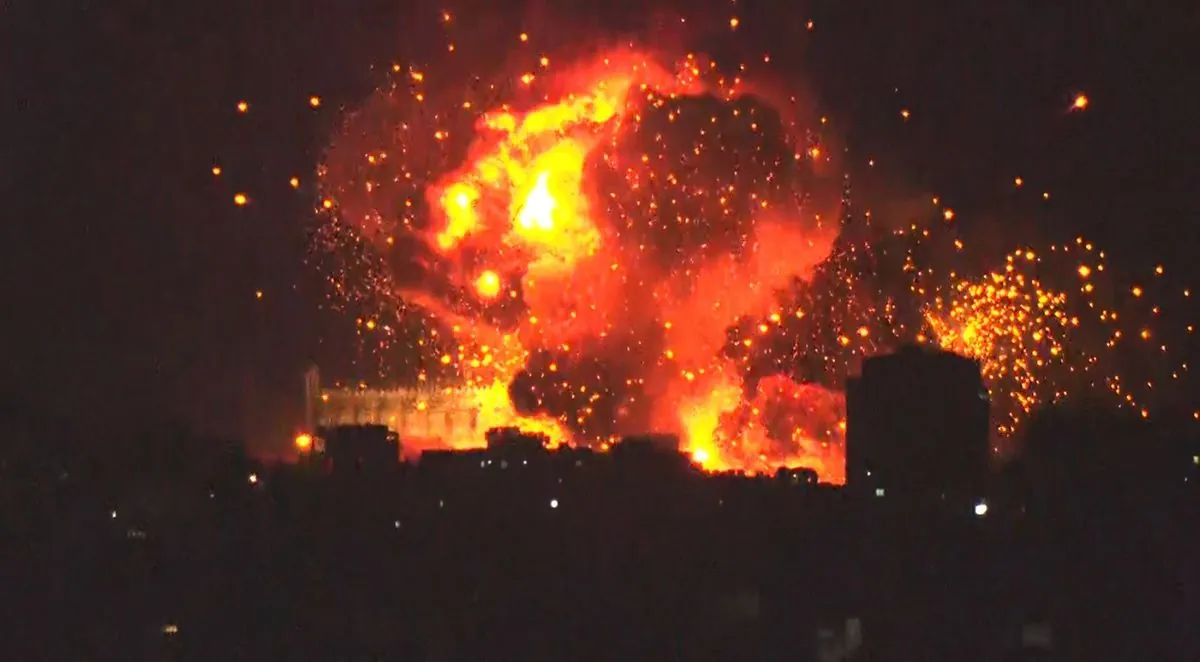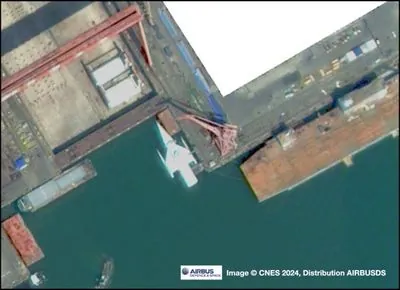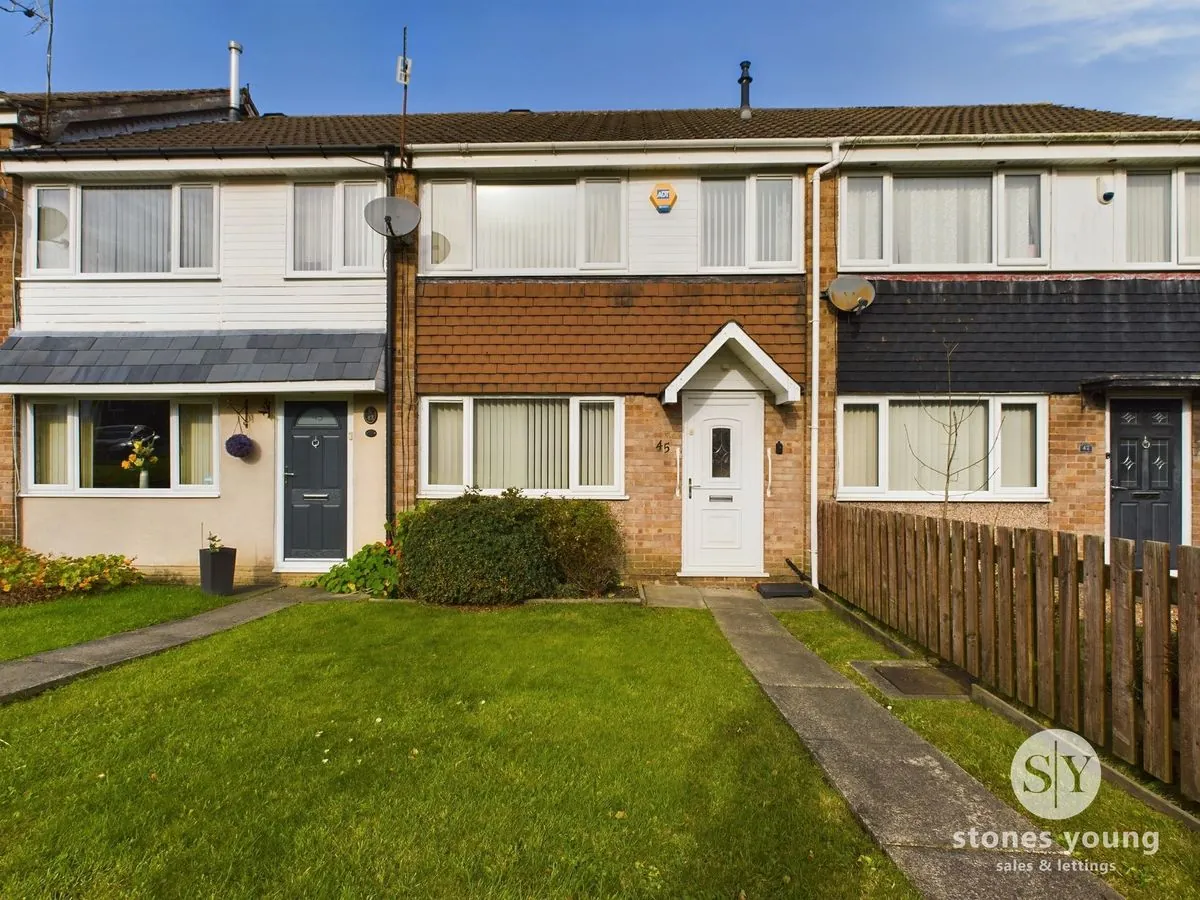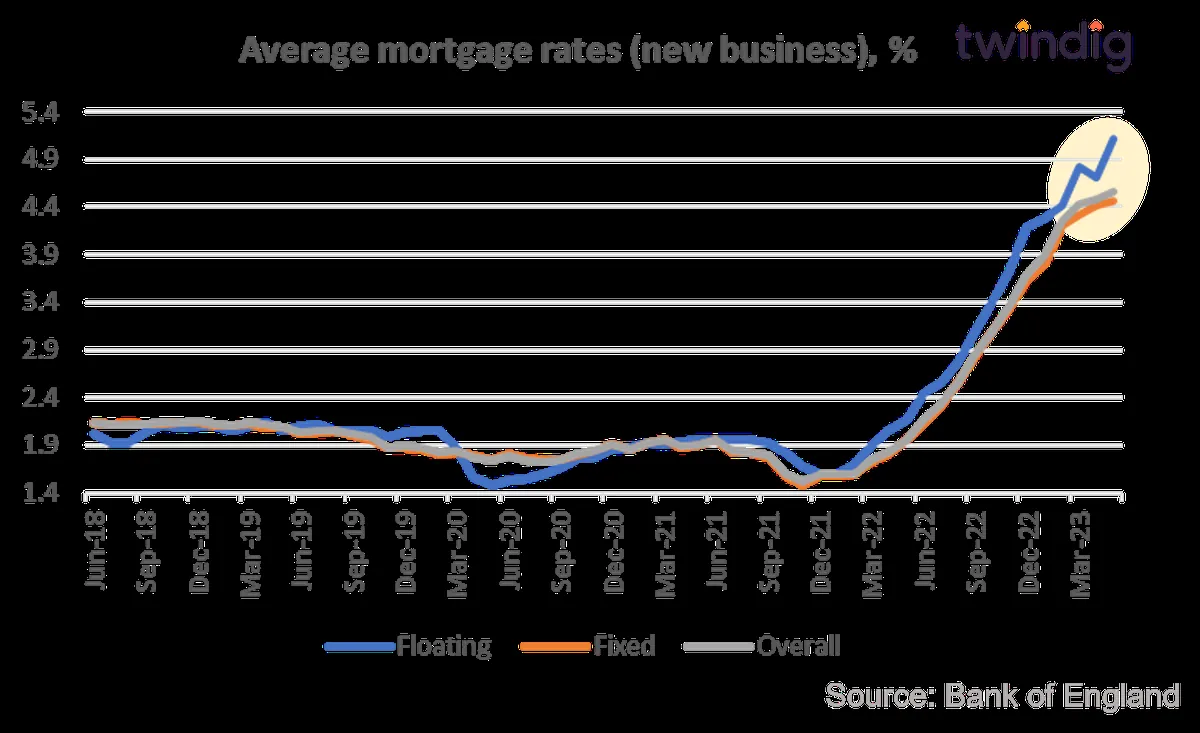Legal expert explains hidden problems when buying rural dream house
Moving from city to countryside looks simple but brings unexpected legal challenges. A property-law specialist shares vital tips about drainage water and access rights that future home-buyers need to check
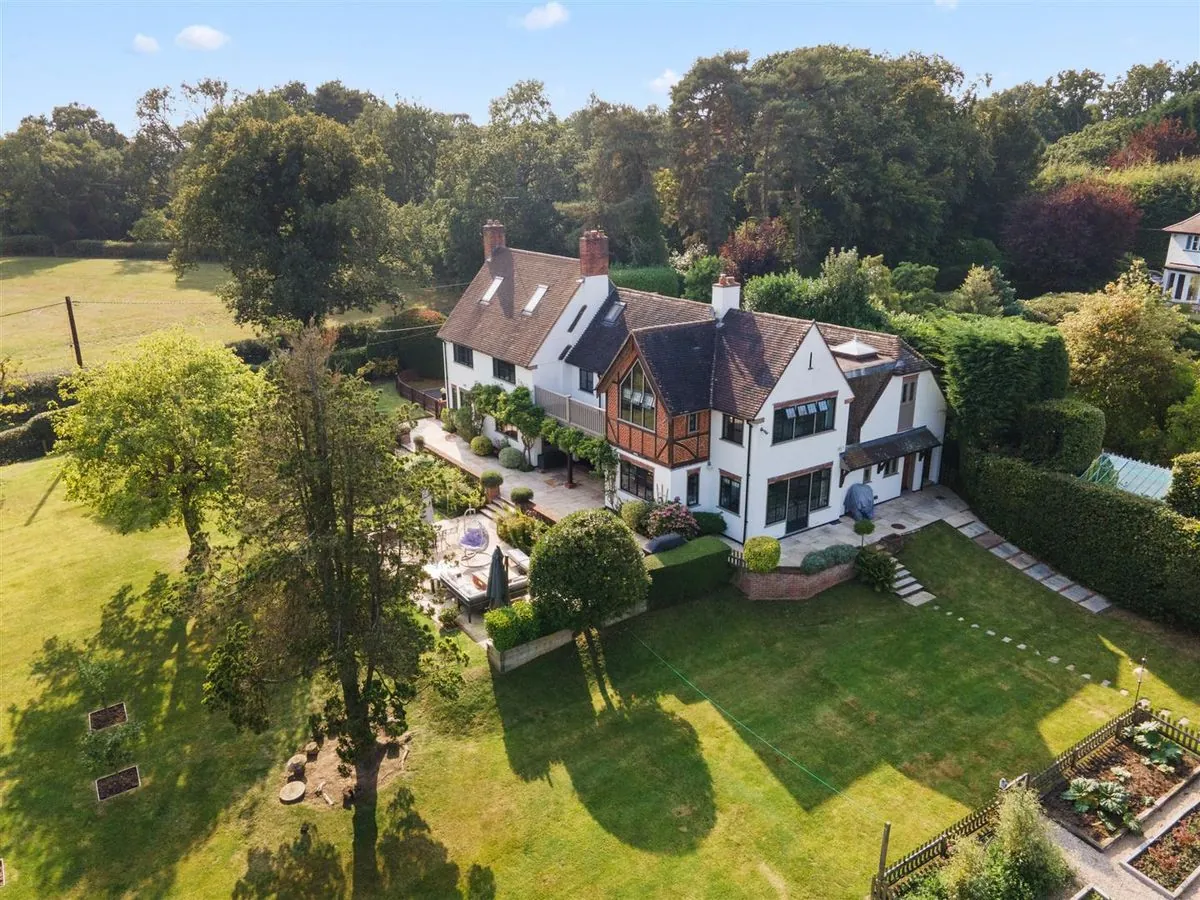
A London-based family seeking countryside relocation got expert advice from Gary Rycroft about hidden property issues theyʼd need to check
The first paragraph highlights drainage concerns - many rural homes dont use main sewers but rely on septic tanks which need proper maintenance and must follow strict rules: buyers should check installation dates and compliance standards
Water and energy supply create extra challenges in rural areas. Houses might use private water sources (wells or boreholes) instead of mains water; they often depend on LPG rather than natural gas — which means no guaranteed supply during bad-weather periods
Here are key points to check when buying countryside property:
- Private road access rights
- Boundary markers accuracy
- Public footpaths crossing the land
- Water source location
- Shared facilities maintenance costs
- Energy supply type
Property restrictions bring extra complexity: some houses have local-occupancy rules (meaning only area residents can buy them)‚ while others face listing-related limits. Rural homes often share private drainage systems — its important to understand ownership and cost-sharing arrangements
The final consideration involves checking proper legal access rights: if your property connects to main roads through private lanes youʼll need clear documentation about maintenance responsibilities and access permissions. Always walk around the whole property to compare actual boundaries with written plans

